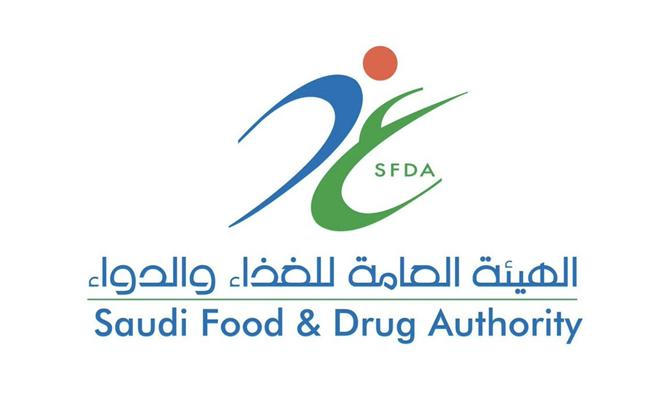
Revision and Updating of Prescribing Information for Tramadol Containing Products
Revision and Updating of Prescribing Information for Tramadol Containing Products
Revision and Updating of Prescribing Information for Tramadol Containing Products
2010-07-03
The Saudi Food and Drug Authority (SFDA) notifies healthcare professionals of changes to the Warnings section of the prescribing information for tramadol, a centrally acting synthetic opioid analgesic indicated for the management of moderate to moderately severe chronic pain. The strengthened Warnings information was based on several reports Tramadol-related deaths have occurred in patients with previous histories of emotional disturbances or suicidal ideation or attempts, as well as histories of misuse of tranquilizers, alcohol, and other CNS-active drugs.
Information for Healthcare Professionals
Suicide risk
• Tramadol should not be prescribed for patients who are suicidal or addiction-prone.
• Prescribe tramadol tablets with caution for patients who are taking tranquilizers or antidepressant drugs and patients who use alcohol in excess and who suffer from emotional disturbance or depression.
• For depressed or suicidal patients, consideration should be given to the use of non-narcotic analgesics.
• Tramadol-related deaths have occurred in patients with previous histories of emotional disturbances or suicidal ideation or attempts, as well as histories of misuse of tranquilizers, alcohol, and other CNS-active drugs.
Interactions
• Tramadol may be expected to have additive effects when used in conjunction with alcohol, other opioids or illicit drugs that cause central nervous system depression.
Misuse, abuse, and diversion
• Tramadol has mu-opioid agonist activity and can be abused and may be subject to criminal diversion.
• Concerns about abuse and addiction should not prevent the proper management of pain. However, all patients treated with opioids require careful monitoring for sign of abuse and addiction, because use of opioids analgesic products carries the risk of addiction even under appropriate medical use.
• “Drug-seeking” behavior is very common in addicts and drug abusers. Drug-seeking tactics include emergency calls, refusal to undergo appropriate examination, or alleged loss of prescriptions repeatedly.
• Proper assessment of the patient and periodic re-evaluation of therapy are appropriate measures that help to limit the potential abuse of this product.
Risk of overdose
• Patients taking tramadol should be warned not to exceed the dose recommended by their physician. Tramadol products in excessive doses, either alone or in combination with other CNS depressants, including alcohol, are a cause of drug-related deaths.
• Patients should be cautioned about the concomitant use of tramadol products and alcohol because of potentially serious CNS additive effects of these agents.
• Because of its added depressant effects, tramadol should be prescribed with caution for those patients whose medical condition requires the concomitant administration of sedatives, tranquilizers, muscle relaxants, antidepressants, or other CNS depressant drugs. Patients should be advised of the additive depressant effects of these combinations.
Dependence
• Generally, tolerance and/or withdrawal are more likely to occur the longer a patient is on continuous therapy with tramadol.



